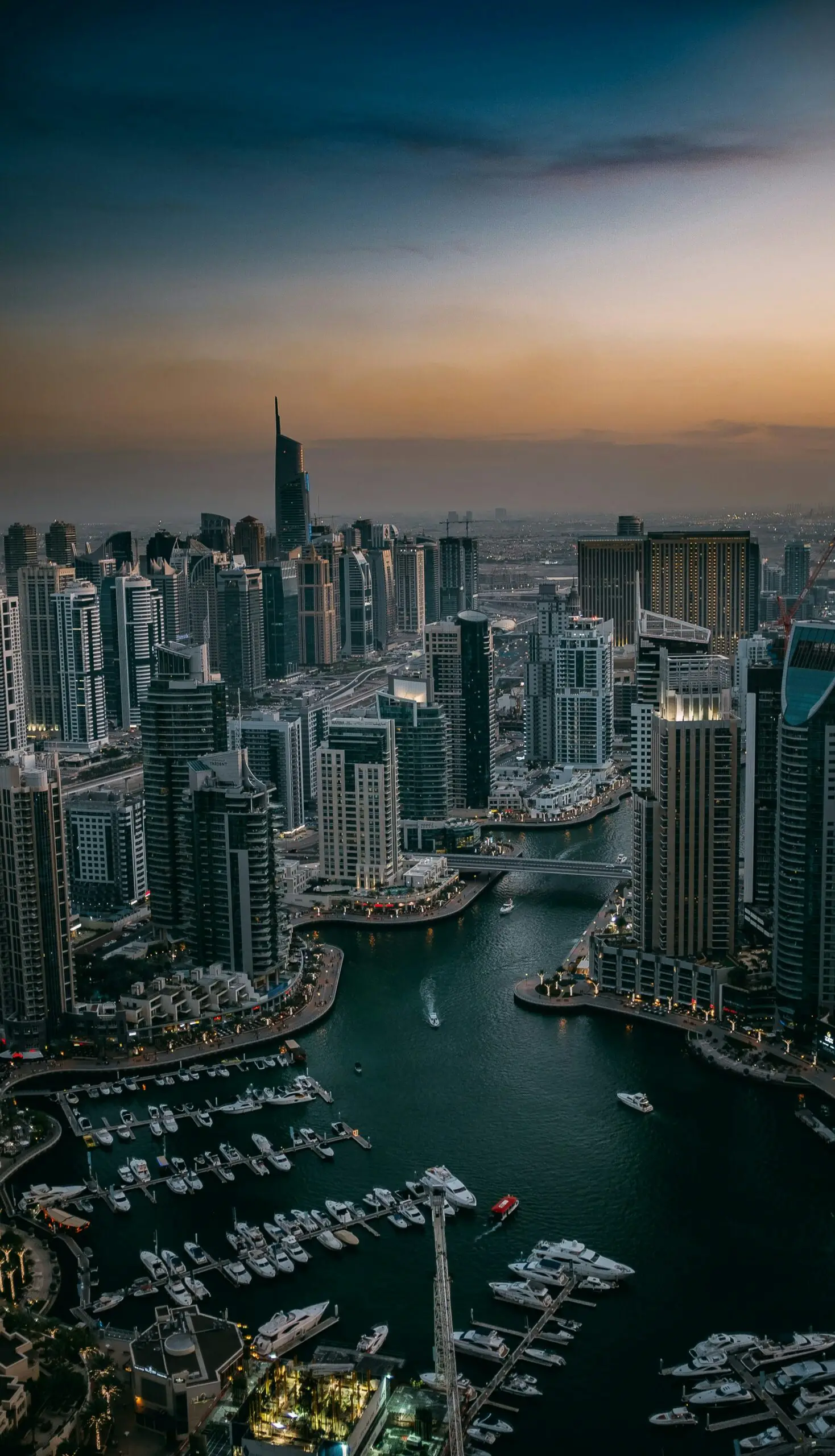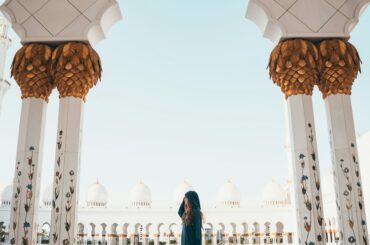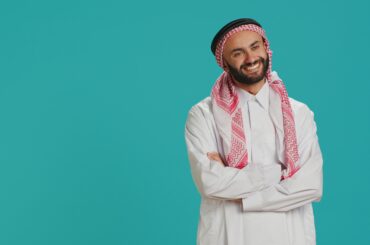Contents
Is there poor people in Dubai?
Introduction
Dubai is often synonymous with images of wealth, luxury, and opulence, boasting a skyline adorned with towering skyscrapers, extravagant shopping malls, and world-class attractions. However, beyond this glittering facade lies a reality that is less visible but equally significant: poverty exists in Dubai. While the city’s reputation as a global hub for commerce, tourism, and innovation shines brightly, it is essential to delve beneath the surface and explore the socioeconomic landscape to gain a comprehensive understanding of Dubai’s societal dynamics. Understanding the presence of poverty in Dubai is crucial not only for acknowledging the challenges faced by its residents but also for fostering inclusive development and addressing the needs of vulnerable populations. Therefore, this article aims to examine the reality of poverty in Dubai, shed light on its underlying factors, and explore the initiatives aimed at alleviating poverty and promoting social equity in the city. By peeling back the layers of Dubai’s socioeconomic landscape, we can gain insight into the complexities of poverty in a city often perceived through the lens of affluence.

The Reality of Poverty in Dubai
Dubai’s demographic landscape is marked by a diverse population, comprising both affluent individuals and a significant number of low-income residents. While the city attracts expatriates from around the world seeking employment opportunities and a taste of its renowned lifestyle, a substantial portion of its workforce grapples with financial hardship and economic insecurity.
One prominent aspect is the city’s reliance on migrant labor, which forms the backbone of its workforce. Many individuals, predominantly from South Asia and other regions, come to Dubai in search of employment in sectors such as construction, hospitality, and domestic services. Despite their crucial role in fueling the city’s growth, these workers often face challenges such as low wages, limited job security, and inadequate living conditions.
Low-wage workers in Dubai encounter various obstacles that exacerbate their financial struggles. Long working hours, physically demanding labor, and limited access to social services contribute to their vulnerability. Additionally, the high cost of living in Dubai poses a significant barrier for low-income residents, making it challenging to afford necessities such as housing, healthcare, and education.
The COVID-19 pandemic has further exacerbated the challenges faced by vulnerable populations in Dubai. The economic downturn resulting from the global health crisis has led to widespread job losses, reduced working hours, and financial instability for many residents, particularly those employed in sectors. As a result, poverty levels have surged, placing additional strain on individuals and families already struggling to make ends meet.
Despite the daunting challenges posed by poverty in Dubai, efforts are underway to address the needs of vulnerable populations and mitigate the impact of economic hardship. Government initiatives aimed at improving labor conditions, providing affordable housing options, and expanding social welfare programs demonstrate a commitment to tackling poverty and promoting social equity in the city. Additionally, organizations and charities play a crucial role in providing support and assistance to those in need, offering essential services such as food aid, healthcare, and financial assistance.
Overall, the reality of poverty in Dubai underscores the importance of addressing socioeconomic disparities and fostering inclusive development. By recognizing the presence of poverty and implementing targeted interventions to support vulnerable populations, Dubai can strive towards creating a more equitable and prosperous society for all its residents.
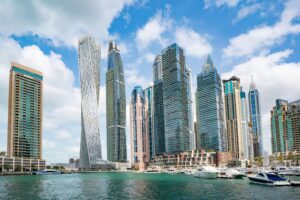
Addressing Poverty: Government Initiatives and Community Efforts
Dubai’s government, cognizant of the challenges posed by poverty, has implemented various initiatives aimed at alleviating economic hardship and promoting social inclusion. These efforts encompass a range of strategies, including labor reforms, affordable housing initiatives, social welfare programs, and collaboration with community organizations.
Government initiatives form the cornerstone of poverty alleviation efforts in Dubai. These encompass policies and programs designed to improve labor conditions, enhance worker welfare, and support vulnerable populations. By enacting legislation and regulations that safeguard workers’ rights and promote fair labor practices, the government seeks to address issues such as low wages, unsafe working conditions, and exploitation in the labor market.
Labor reforms play a crucial role in advancing the welfare of low-income workers in Dubai. These reforms aim to enhance job security, ensure timely payment of wages, and provide avenues for grievance redressal. Additionally, worker welfare programs, including healthcare services, accommodation provisions, and access to educational opportunities, are implemented to improve the overall well-being of laborers and their families.
Affordable housing initiatives constitute another vital component of Dubai’s poverty alleviation efforts. Recognizing the importance of stable and secure housing for socioeconomic stability, the government has undertaken initiatives to increase the availability of affordable housing options for low-income residents. These initiatives include the development of subsidized housing projects, rent control measures, and financial assistance programs to facilitate access to housing for those in need.
Social welfare programs and support services are instrumental in assisting vulnerable populations in Dubai. These programs encompass a wide range of services, including financial aid, healthcare subsidies, educational support, and food assistance programs. By offering a safety net for individuals and families facing economic hardship, these programs help alleviate poverty and promote social inclusion.
In addition to government initiatives, the role of organizations and charities in assisting those in need cannot be understated. Non-governmental organizations (NGOs), community-based organizations, and charitable institutions play a vital role in complementing government efforts by delivering targeted support and services to vulnerable populations. These organizations provide essential resources such as food aid, healthcare services, vocational training, and financial assistance, thereby addressing immediate needs and empowering individuals to overcome poverty in the long term.
Overall, the collaborative efforts of the government, community organizations, and charities are essential in addressing poverty and promoting social inclusion in Dubai. By implementing targeted initiatives, providing support services, and fostering community engagement, Dubai can work towards creating a more equitable and inclusive society where all residents have the opportunity to thrive.
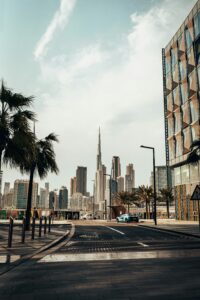
Challenges and Opportunities
Despite concerted efforts to address poverty in Dubai, significant challenges persist, hindering progress towards achieving equitable development and social inclusion. These challenges must be acknowledged and addressed to effectively combat poverty and promote the well-being of all residents. At the same time, there are opportunities for inclusive and equitable development that can be harnessed to overcome these challenges and create a more prosperous future for Dubai.
One of the remaining challenges in combating poverty in Dubai is the persistence of socioeconomic disparities, exacerbated by factors such as income inequality, limited access to affordable housing, and inadequate social support systems. Despite advancements in labor regulations and welfare programs, many low-income workers continue to face precarious employment conditions and struggle to meet their basic needs. Additionally, the high cost of living in Dubai poses a barrier to financial stability for vulnerable populations, further perpetuating cycles of poverty.
However, amidst these challenges lie opportunities for inclusive and equitable development that can pave the way for a brighter future. Dubai’s rapid urbanization and economic growth present opportunities to implement policies and initiatives that prioritize social equity and address the needs of marginalized communities. By investing in affordable housing, expanding access to quality education and healthcare, and promoting sustainable livelihoods, Dubai can create an environment where all residents have the opportunity to thrive and contribute to the city’s prosperity.
Moreover, the importance of ongoing efforts to support vulnerable populations cannot be overstated. Sustained investment in social welfare programs, community-based initiatives, and partnerships with civil society organizations is essential to ensure that the needs of low-income residents are met, and their voices are heard. By fostering collaboration and engagement among government agencies, community stakeholders, and the private sector, Dubai can build a more resilient and inclusive society that leaves no one behind.
In conclusion, while challenges in combating poverty in Dubai persist, there are opportunities for positive change and progress towards inclusive development. By addressing remaining challenges, harnessing opportunities for equitable growth, and prioritizing ongoing support for vulnerable populations, Dubai can continue on its path toward becoming a more inclusive and prosperous city for all its residents.
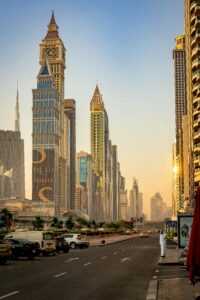
Conclusion
In conclusion, the presence of poverty in Dubai is a reality that cannot be ignored, despite the city’s reputation for wealth and luxury. As we have explored, Dubai is home to a diverse population, including a significant number of low-income residents who face various socioeconomic challenges. Factors such as reliance on migrant labor, low wages, and the high cost of living contribute to the prevalence of poverty in the city.
However, efforts are underway to address these challenges and promote social inclusion. Government initiatives aimed at poverty alleviation, labor reforms, affordable housing initiatives, and social welfare programs play a crucial role in supporting vulnerable populations and addressing the root causes of poverty. Additionally, the invaluable contributions of community organizations and charities cannot be overlooked, as they provide essential support and services to those in need.
Moving forward, it is essential to maintain a continued focus on addressing poverty in Dubai. This requires sustained attention, resources, and collaborative efforts from government agencies, community stakeholders, and the private sector. By prioritizing inclusive development and investing in initiatives that empower marginalized communities, Dubai can create a more equitable and prosperous future for all its residents.
In the pursuit of inclusive development, it is crucial to remember that the well-being of every individual matters. No one should be left behind or marginalized due to socioeconomic circumstances. Therefore, let us heed the call to action and work together towards building a Dubai where every resident has the opportunity to thrive, regardless of their background or economic status. By embracing inclusivity and equity, we can create a brighter and more sustainable future for Dubai and its residents.

